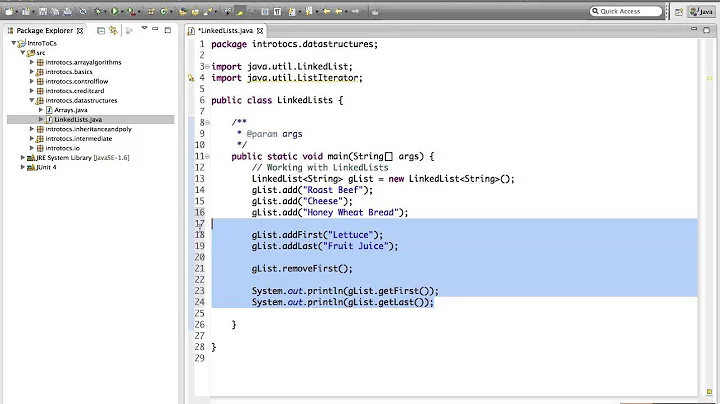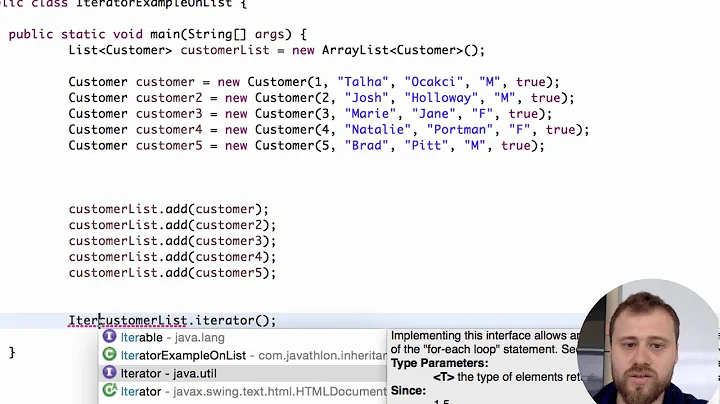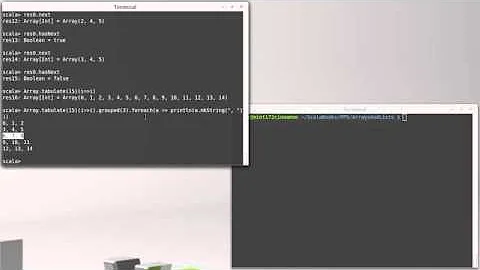Use all but the last element from an iterator
Solution 1
As Sebastian Redl points out, checking the length of each chunk is the better solution for your specific case.
To answer the question you asked ("Use all but the last element from an iterator"), you can use Iterator::peekable to look ahead one. That will tell you if you are on the last item or not and you can decide to skip processing it if so.
let things = [0, 1, 2, 3, 4];
let mut chunks = things.chunks(2).peekable();
while let Some(chunk) = chunks.next() {
if chunks.peek().is_some() {
print!("Not the last: ");
} else {
print!("This is the last: ")
}
println!("{:?}", chunk);
}
To be sure that all parts have equal length, I just want to drop that last element
Always dropping the last element won't do this. For example, if you evenly chunk up your input, then always dropping the last element would lose a full chunk. You'd have to do some pre-calculation to decide if you need to drop it or not.
Solution 2
You can filter() the chunks iterator on the slice's len() being the amount you passed to chunks():
let things = [0, 1, 2, 3, 4];
for chunk in things.chunks(2).filter(|c| c.len() == 2) {
println!("{:?}", chunk);
}
As of Rust 1.31, you can use the chunks_exact method as well:
let things = [0, 1, 2, 3, 4];
for chunk in things.chunks_exact(2) {
println!("{:?}", chunk);
}
Note that the returned iterator also has the method remainder if you need to get the uneven amount of items at the very end.
Related videos on Youtube
Innot Kauker
Updated on September 14, 2022Comments
-
Innot Kauker over 1 year
I want to split a
Vecinto some parts of equal length, and thenmapover them. I have an iterator resulting from a call toVec'schunks()method. This may leave me with a part that will be smaller than other parts, which will be the last element generated by it.To be sure that all parts have equal length, I just want to drop that last element and then call
map()on what's left.-
 JHBonarius over 5 yearsalthough there's a better solution for your case, note the existence of std::iter::take
JHBonarius over 5 yearsalthough there's a better solution for your case, note the existence of std::iter::take
-
-
Innot Kauker over 6 yearsThat's even more explicit. Thanks!
-
 Shepmaster over 6 yearsYou could also slice the input to a multiple of the chunk size and avoid a check at each step.
Shepmaster over 6 yearsYou could also slice the input to a multiple of the chunk size and avoid a check at each step.











